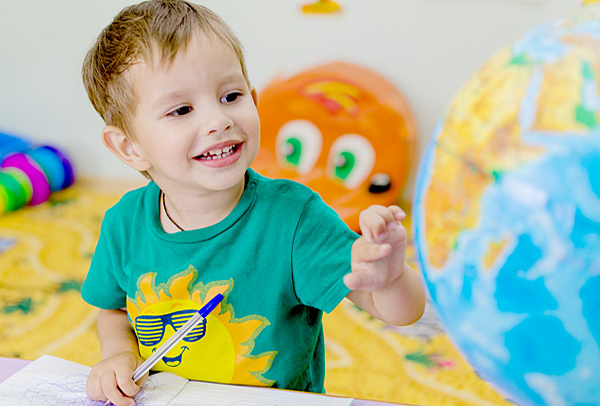Bilingual infants grow into adults with an edge

Africa speaks English
7 October 2017
Halloween 2017, record spending!
30 October 2017The two-fold advantage of hearing and speaking a second language from a very young age appears to give bilingual children an edge.
It was revealed last summer by a joint Canadian-American study published in Proceedings of the National Academy of Sciences.
The research is but the most recent confirmation that starting to learn languages when very young has many advantages, for brain development as well! In the study, a team from Concordia University, Montreal, Canada, and Princeton University, in the United States, showed pictures of familiar objects to 24 bilingual (French-English) children and 24 adults from Montreal.
In one experiment, the participants heard simple sentence in one only language or in a mix of the two. In another experiment, they heard sentences that rapidly crossed the two languages, reproducing a “language switch”, which is a typical situation in bilingual communities in which a sentence is started in one language and finished in another.
They monitored the eye movements of the participants to determine when and how the brain worked in the fast switch from one language to the other. Scientists observed a pupil dilation when the participants heard a language switch.
This led researchers to declare that children as young as 20 months of age were perfectly able to control and manage the two languages.
This ability turns into a cognitive advantage for the person’s entire life with positive effects on other aspects of human experience; adults who were very precocious bilingual children perform better in “tasks that require switching or the inhibiting of a previously learned response”, explained explained Casey Lew-Williams, co-writer of the study.
Insomma, … the sooner we start to speak a second language, the better it is for us!




